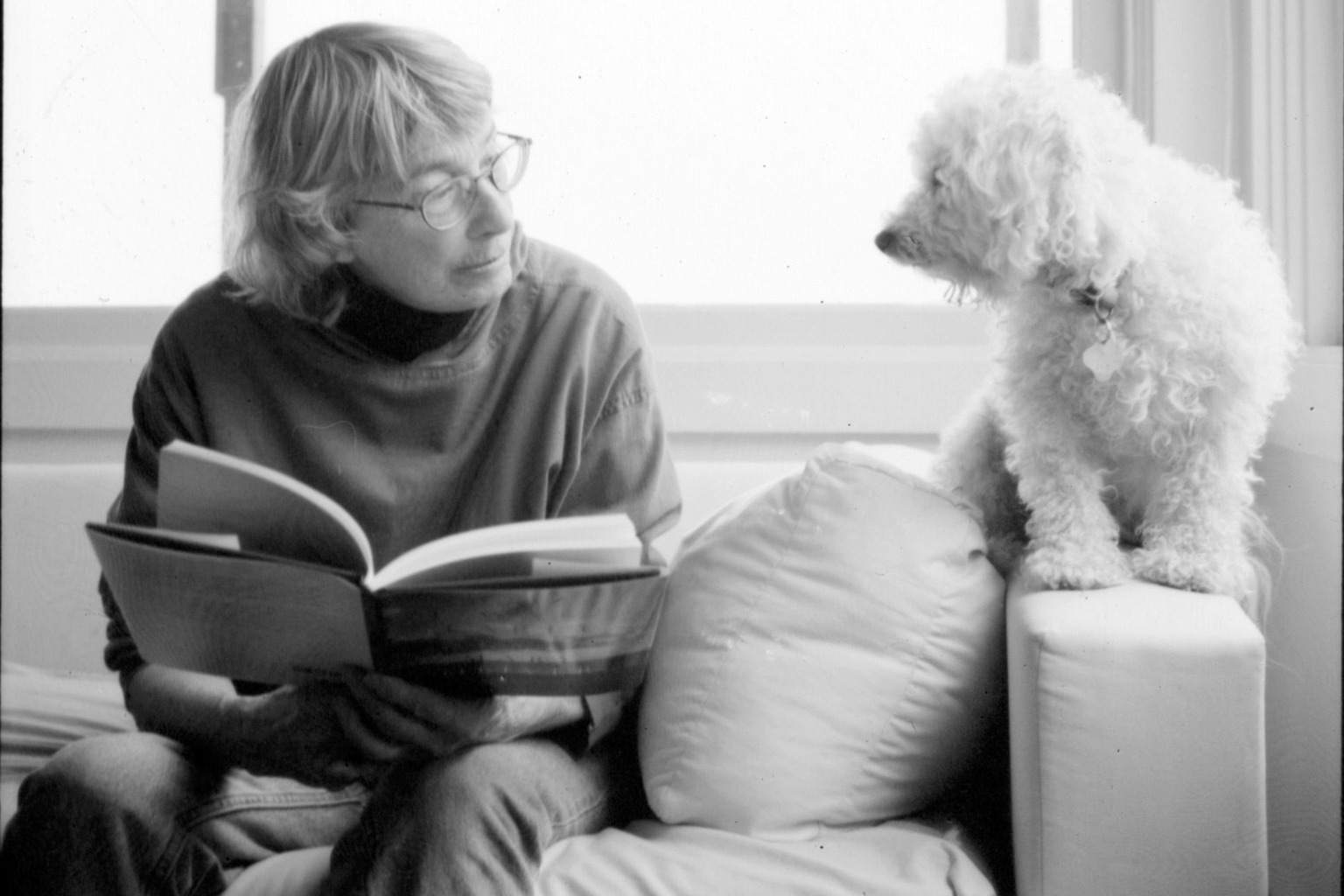The best poets of the 21st century are those whose voices outlast the rush. These famous writers of the 21st century give language its pulse again, showing that a poem is not just part of the day, but the place where the day stops to listen.
What follows is a map drawn in lines and stanzas. It leads to rooms where language moves differently, where thought slows, and where feelings take their time. These poets have shaped the century in ways that cannot be counted, and yet can be felt in a single verse.
1. Louise Glück
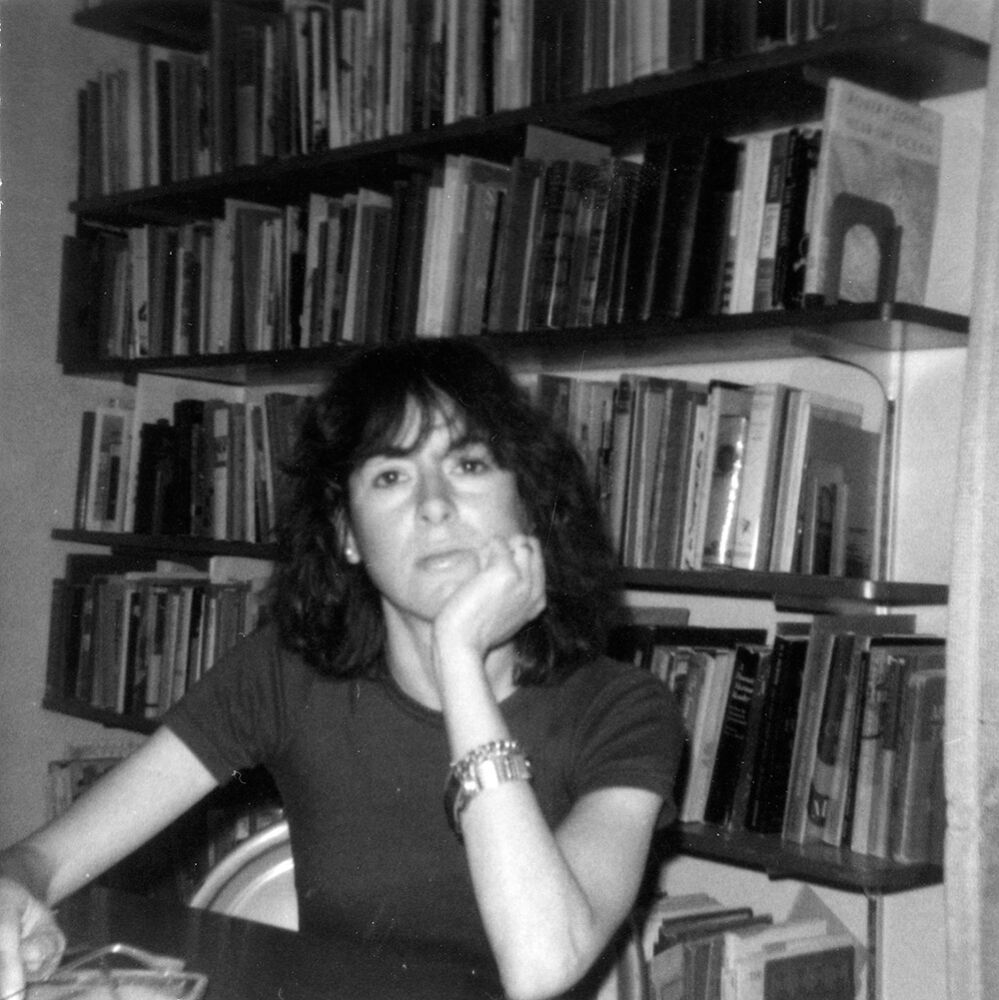
“Of two sisters, one is always the watcher, one the dancer.”
In Louise Glück’s poems, even the smallest image feels hard-won. You can tell it has been kept, carried, turned over, until it was ready. The Wild Iris, Faithful and Virtuous Night, and A Village Life each hold their kind of waiting. She belongs with the best female poets of the 21st century because she does not waste a word.
The Nobel Prize in Literature, the Pulitzer Prize for Poetry, and her time as U.S. Poet Laureate, all of it has made her famous and notable. Still, the poems never lean on those things. They go back to the moment itself, cut to the bone, nothing extra left on the page.
“The soul has no seasons,” she writes. It is not metaphor, but weather, steady and without end. Her emotional depth comes from this constancy, from her ability to stay with a single truth until it gathers all the light it needs. The poems remain, like stones left where the tide can reach them.
2. Billy Collins
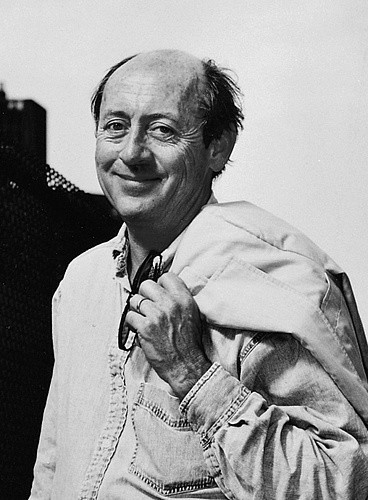
“Poetry is like standing on the edge of a lake on a moonlit night, and the light of the moon is always pointing straight at you.”
In Billy Collins’s poetry, the day is never too ordinary to matter. In Sailing Alone Around the Room and Aimless Love, the turning of light through a window or the small gesture of a stranger is enough to begin. He is counted among the most popular poetry authors; his work read by those who once thought poetry was not for them.
An American poet with a long career of acclaim, including his role as U.S. Poet Laureate, Collins has become one of the most popular names in contemporary poetry. His gift is in writing with an openness that hides its precision, a simplicity that comes from deep attention.
“You will always be the bread and the knife,” he writes, a line that captures his way of joining intimacy and image. Collins often ends on the quiet thought that stays all day. His humour is folded into truth, his observations made without hurry. In his hands, the ordinary becomes the proof of living, and the poem becomes a record of having been here to see it.
Collins’s poems feel like sunlight across a kitchen table, unremarkable until you notice how it changes the whole room. He writes in a way that makes you slow down without thinking about it. By the time you finish, you realise the day has shifted, even if you have not moved.
3. Charles Simic
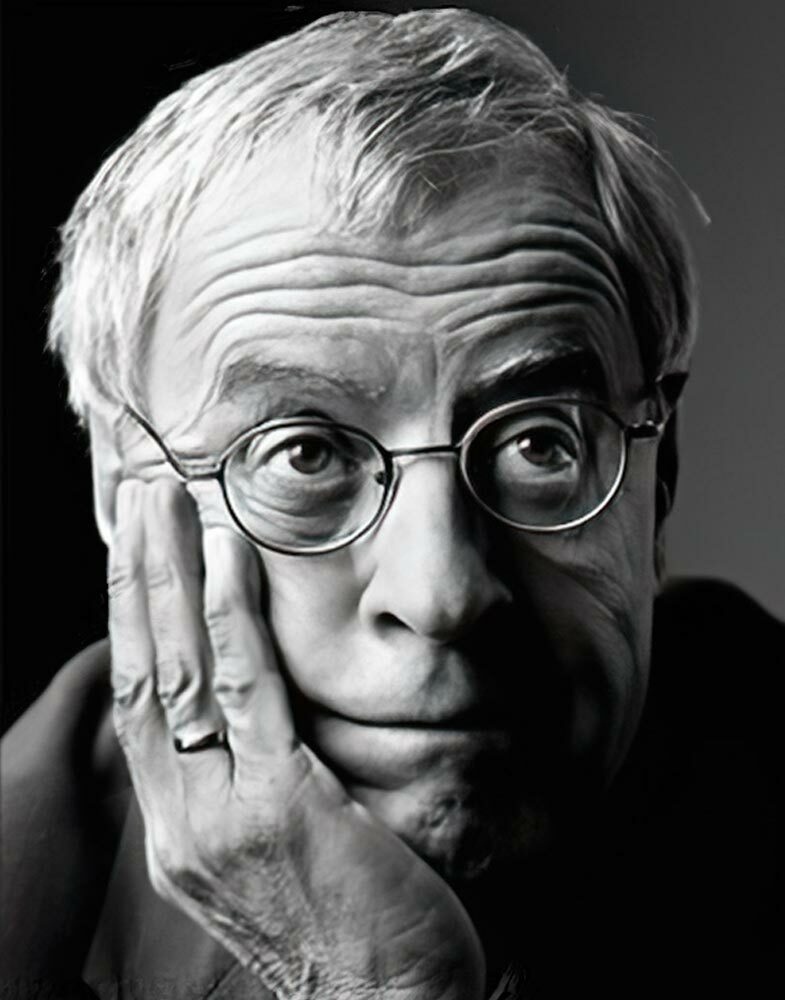
“Go inside a stone. That would be my way.… I am happy to be a stone.”
Charles Simic’s poems open like half-lit rooms, where you are not sure what is waiting inside. The World Doesn’t End and The Lunatic are full of such moments, the kind that turn without warning. He is among the most popular poets whose work has kept its strangeness intact, never made safe by familiarity.
An American poet who won the Pulitzer Prize and served as U.S. Poet Laureate, Simic’s career is as notable for its reach as for its persistence. His language is plain enough to walk into, but in the next step, you may find yourself standing over something that feels ancient.
“Go inside a stone,” he once wrote, an invitation and a dare. In his poems, the ordinary often arrives carrying a shadow. That dark undertone is not for effect; it is simply the shape the world takes when looked at closely. Simic’s work leaves you there, in the quiet after, deciding whether to turn the light on.
Simic’s poems feel like objects found in an attic, carrying both dust and memory. You hold them without knowing why they matter, then realise they have already begun to change you. His rooms stay half-lit on purpose, as if the shadow is part of what makes the view complete.
4. W. S. Merwin
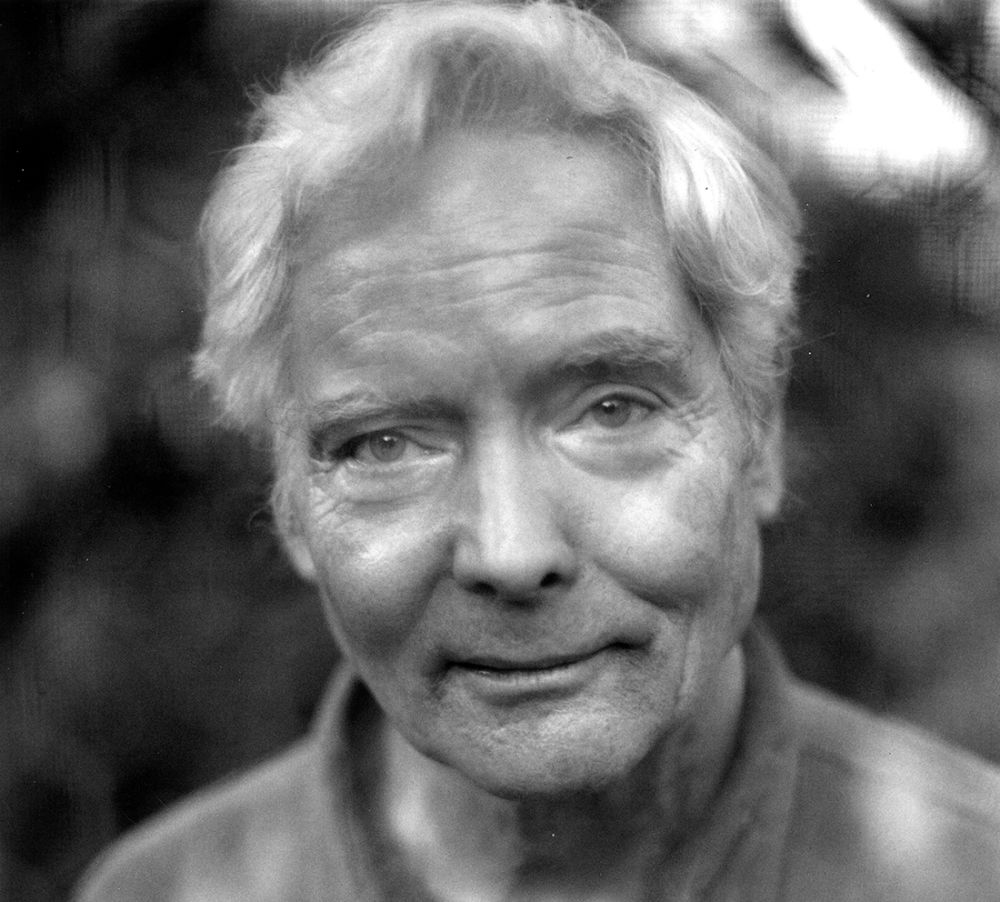
“Poetry is a way of looking at the world for the first time.”
W. S. Merwin wrote as though the poem had no borders. In Migration and The Shadow of Sirius, each line moves into the next until the page feels like an open field. He stands with the greatest poets of the 21st century, his voice calm in the face of passing time.
An American poet whose shelves hold two Pulitzer Prizes, a National Book Award, and the history of serving twice as U.S. Poet Laureate. Merwin’s name is among the most famous in modern literature. Yet the poems stay small in the best way, close to the ground, made by noticing.
“Your absence has gone through me like a thread through a needle,” he once wrote, a truth that carries far beyond the moment. This is the emotional depth he offers; a recognition that loss and beauty often share the same space. Reading Merwin is to enter a language that moves like light through leaves, always shifting, never losing its warmth.
5. Carol Ann Duffy
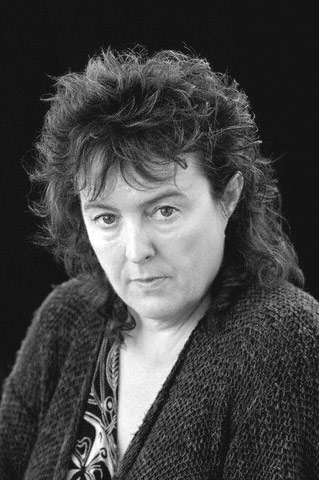
“I like to use simple words, but in a complicated way.”
In Carol Ann Duffy’s hands, a poem is both mirror and window. The World’s Wife looks at myth until it breathes differently. Rapture carries the pulse of love as it grows, falters, and returns. She belongs among the best female poets of the 21st century, speaking with a clarity that keeps its mystery.
As British Poet Laureate, she became famous for bringing poetry into public light, yet her words feel most at home in a quiet room. They are notable for the way they settle in memory without forcing their stay.
“I like to be in love with love,” she writes, and the line sits between confession and truth. Duffy’s emotional depth lies in this in-between place, where the reader can hear their own voice answering back. She leaves the poem open just enough for you to walk through and find yourself already inside.
To read Duffy is to be invited into a room you recognise, only to notice something has changed in the light. Her images settle in the mind with the weight of lived truth, the kind that keeps working quietly, long after the words themselves have been left behind.
RELATED READING: 9 Best Poems By Emily Dickinson: Beauty, Love, And Death
6. Anne Carson
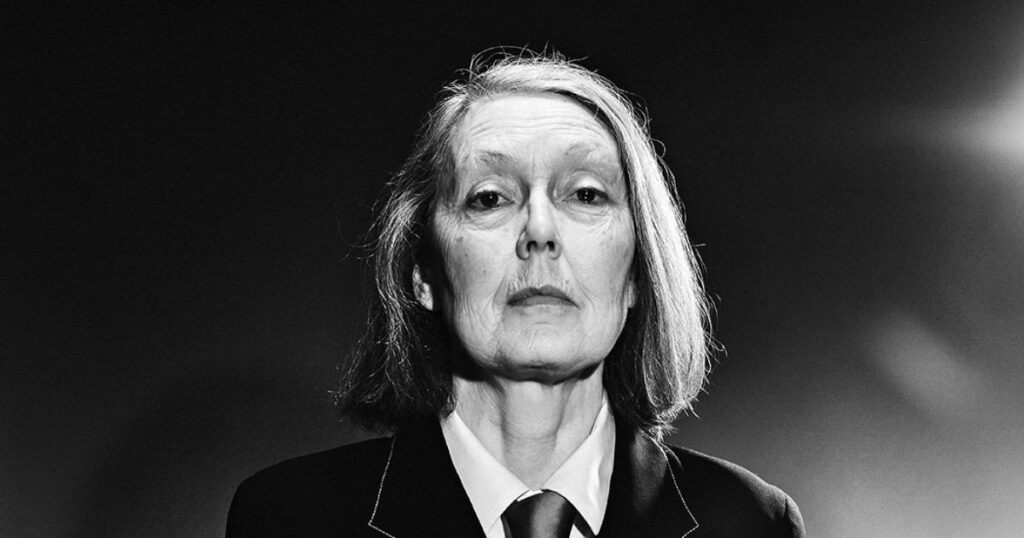
“You remember too much,
my mother said to me recently.
Why hold onto all that? And I said,
Where can I put it down?”
Anne Carson writes like a map that changes while you are reading it. In Autobiography of Red, myth walks through modern streets, and in Plainwater, the voice shifts from essay to verse to something in between. She is one of the most unique poets, a shape-shifter in a century that often prefers clear lines.
A contemporary writer whose work is notable for breaking the borders of genre, Carson has received the T. S. Eliot Prize, the Griffin Poetry Prize, and a MacArthur Fellowship. Her reputation is large, yet her poems still feel as though they were left for you alone.
“Everything I know about love is provisional,” she writes, the sentence bare but carrying a whole season inside it. This is her emotional depth, the ability to leave a truth unfinished so the reader can finish it. Carson’s work does not settle into one form because life rarely does. It invites you to follow without knowing the end.
Her poems feel like weather that changes mid-sentence, each shift revealing a different horizon. Carson leaves the reader moving forward without a map, yet certain they are headed somewhere worth reaching. The journey becomes the point, and the poem, the place where you realise you have already arrived.
7. Bob Hicok
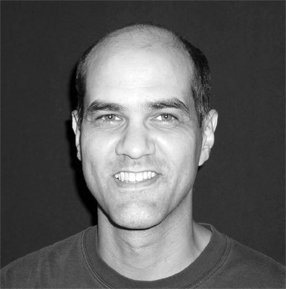
“Then I felt up silence. Then silence and I went all the way.”
Bob Hicok’s voice moves easily, as if the poem had just happened in the moment. Elegy Owed and This Clumsy Living carry that ease, blending the offhand with the precise. He stands among the best modern American poets and most popular poetry authors with his immediate and lasting work.
Hicok’s career, notable in its range, has brought him fellowships from the Guggenheim and the NEA, along with shortlists for major awards. He writes in a contemporary voice that feels almost offhand, until you realise the ease is built from decisions so exact they could not have been made quickly.
“I wish I were the rain,” he writes, a line that could be wistful, could be an opening to something darker. That ambiguity is his emotional signature, humour brushing against sorrow, clarity breaking into wonder, and self-discovery. Hicok’s poems invite you in with a familiar voice, then hand you something you were not looking for but will want to keep.
8. Mary Oliver
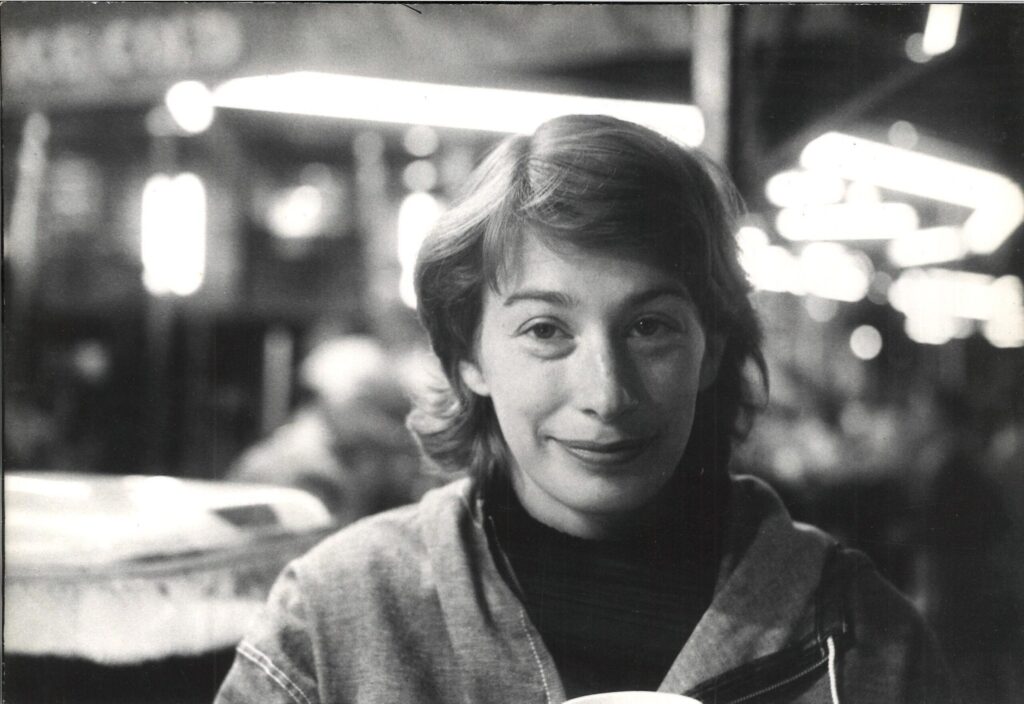
“Instructions for living a life.
Pay attention.
Be astonished.
Tell about it.”
Mary Oliver walked into the world with her eyes open. In Devotions and Thirst, she wrote the way a field holds light at the end of day, gently and without hurry. She is one of the most popular poets; her pages kept close by readers who want poems to feel like home.
An American poet, she became famous for letting the smallest details stand as whole truths, a bird lifting from the marsh, the shape of a single leaf in the wind. Her poems are made with precision, but they breathe like something wild.
“Tell me, what is it you plan to do with your one wild and precious life?” she asks, and the question is as much for herself as for us. Her emotional depth comes not from ornament but from presence, the way she keeps company with the world until it trusts her enough to speak.
Her work teaches that wonder is not rare, only overlooked. A stone in the path, a shadow across the water, the pause between two breaths, Oliver keeps them all. In her poems, these small keepings become a kind of prayer, spoken without ceremony, but with unwavering attention.
9. Ada Limón
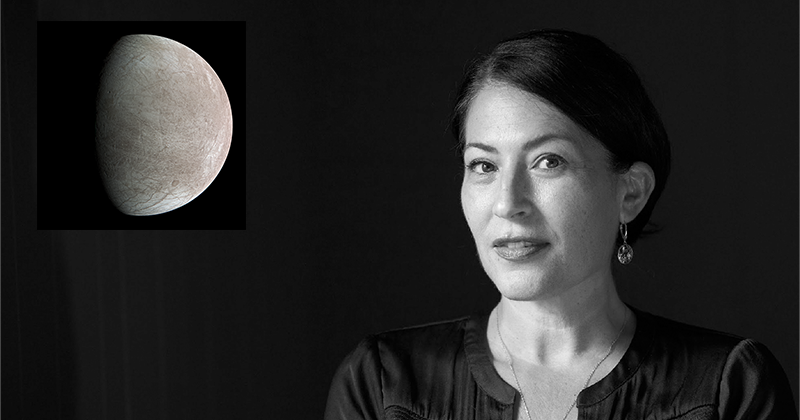
“If we could light up the room with pain,
we’d be such a glorious fire.”
In Ada Limón’s poems, the smallest image can hold the whole day. The Carrying and Bright Dead Things are filled with fields, horses, and half-finished conversations, written in a voice that feels close enough to touch. She is one of the best female poets of the 21st century, her language unafraid to speak plainly and still sing.
An American writer and U.S. Poet Laureate, Limón’s contemporary style moves with an ease that belies its precision. She places the reader in the scene and lets them stay there long enough for meaning to gather.
“The world is at least fifty percent terrible,” she says, and it lands without despair. Her emotional depth comes from recognising both the ache and the abundance, holding them in the same line. Limón’s poems feel like someone walking beside you, pointing out the beauty you almost missed.
10. Ocean Vuong
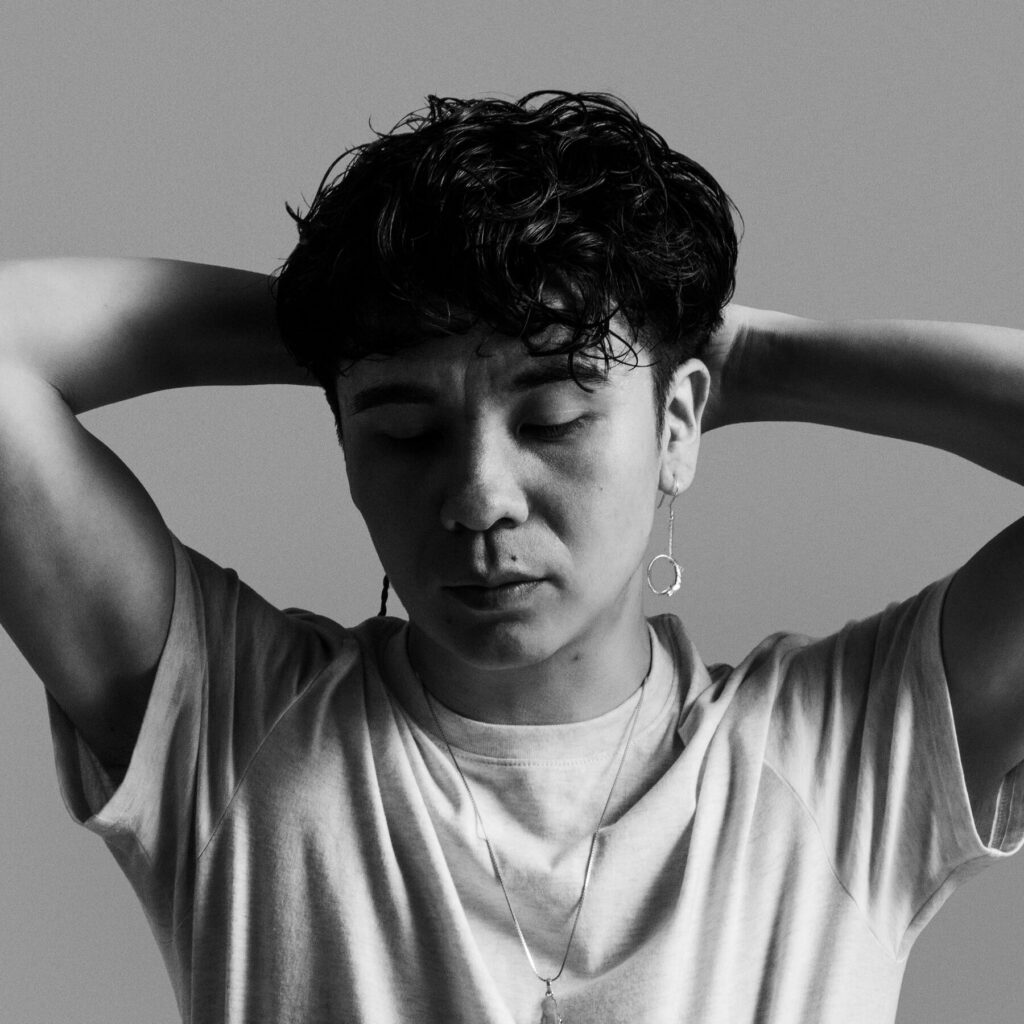
“The most beautiful part of your body
is where it’s headed. & remember,
loneliness is still time spent
with the world.”
In Ocean Vuong’s poems, the past and present lean into each other. Night Sky with Exit Wounds and Time Is a Mother are built from fragments, a childhood in America, a family’s memories of Vietnam, the ordinary touch of a hand. He is among today’s famous poets and the contemporary poets whose work feels both intimate and unflinching.
Vuong, an American poet whose honours include the T. S. Eliot Prize and the Whiting Award, writes with a patience that trusts silence. Every image is placed so it will carry, allowing the reader to stay with it a little longer than they thought they would.
“Don’t we touch each other just to prove we are still here?” he writes, a line that feels like both comfort and warning. His emotional depth comes from this openness, a willingness to hold beauty and loss in the same hand, and to leave nothing out.
Reading Vuong is to feel time folding in on itself. His work carries the sense that nothing is entirely gone, only transformed. The smallest image can become a doorway back, and once you step through, the poem is no longer his alone; it is yours to keep.
What The Century Has Given To Poetry
The poets gathered here show that there is no single thread running through the century’s verse. Some write with the clarity of glass, others with the shifting shadows of dream. All belong to the best poets of the 21st century, not because they follow the same path, but because they refuse to let language stand still. The greatest poets of the 21st century speak from different histories and languages, yet share the same belief.
In today’s times of restless attention, poetry moves at its own pace. It asks the reader to slow down, to listen for the shift in air that signals a thought forming. Perhaps you already know some of these names. Perhaps others are strangers.
Share with us which voices opened a door for you, and which lines you carried past the book.
Romance And Ruin: Ranking The Most Toxic Couples In Shakespeare’s Plays

